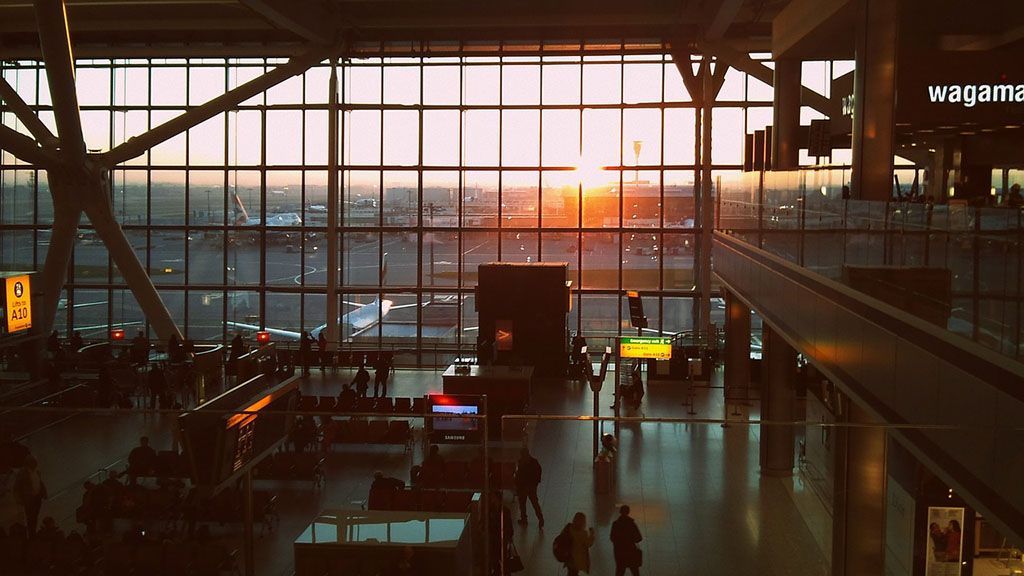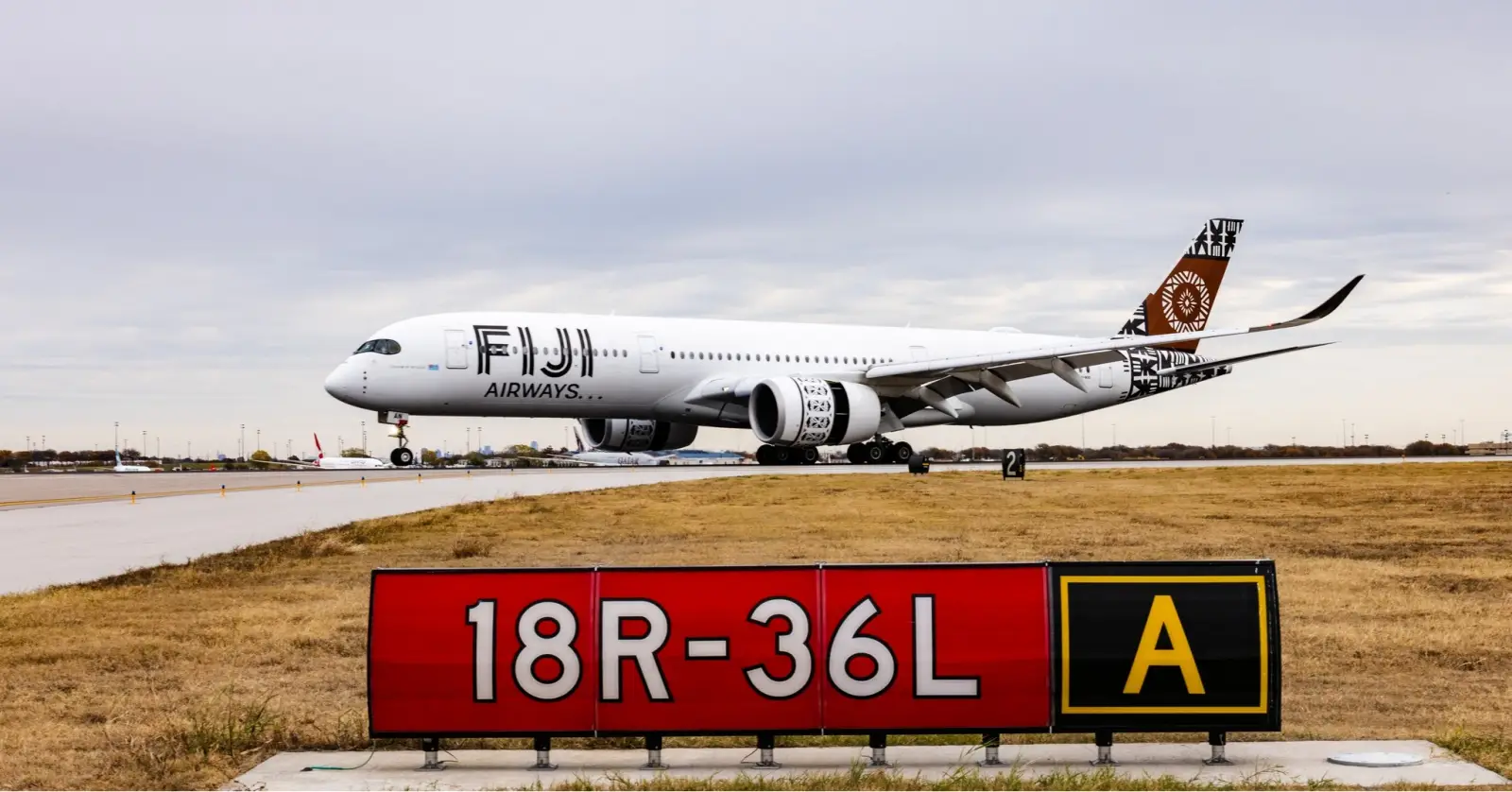Canada’s travel industry is experiencing a significant downturn, with the country grappling with a higher-than-expected annual consumer inflation rate of 4% in August, as reported by the country’s statistical authority.
This inflation rate, although showing a slowdown from the 8.1% gain in June—the highest in 39 years—has had notable repercussions on the travel sector.
Inflation and Travel Downturn
The inflation rate in August surpassed the anticipated 3.8% increase, accelerating from the 3.3% annual gain recorded in July. This acceleration was primarily attributed to higher year-over-year prices for gasoline, as stated by Statistics Canada. Excluding gasoline, the Consumer Price Index (CPI) increased by 4.1%, consistent with the gain in July.
However, the travel sector felt the pinch, with travel tours and air transportation experiencing a decline of 6.4% and 6.9% respectively on a monthly basis, contributing to the overall economic slowdown in August.
Gasoline Prices and Travel
Gasoline prices, a crucial component in the travel industry, rose by 0.8% last month, contrasting sharply with a 12.9% decline in July. On a monthly basis, gasoline prices saw a substantial increase of 4.6%, further contributing to the year-over-year increase in August 2023.
Central Bank’s Response:
In response to the inflationary pressures, the Bank of Canada raised interest rates by 25 basis points on July 12, marking a continuation of its policy of quantitative tightening to combat inflation. The target for the overnight rate now stands at 5%, with the bank rate at 5.25% and the deposit rate at 5%.
Impact on Travelers and Industry
The inflationary environment, coupled with the decline in travel tours and air transportation, poses challenges for both travelers and the travel industry. The rise in gasoline prices and interest rates may lead to increased travel costs, potentially deterring consumers from travel and putting additional financial strain on travel companies.
Conclusion
Canada’s travel industry is navigating through turbulent economic waters, with inflationary pressures and declining travel components impacting the sector. The rise in gasoline prices and interest rates are pivotal elements influencing travel decisions and industry dynamics. As Canada continues to balance economic stability and industry growth, the travel sector remains a critical area of focus, reflecting broader economic trends and consumer behaviors. (AA)













